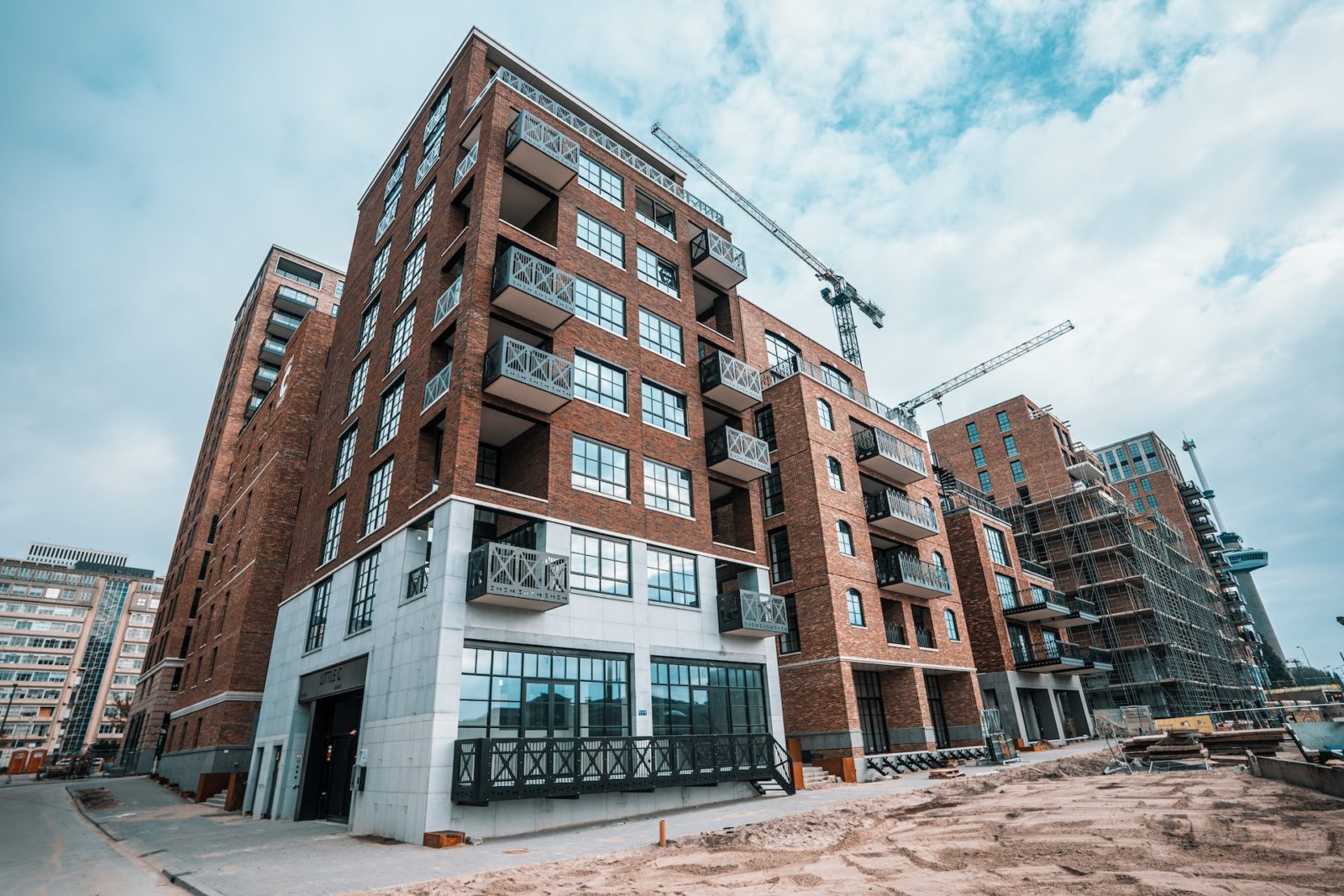Brief • 3 min Read

As the cost of housing in the United States remains high, especially for first-time homebuyers, The Harris Poll surveyed a representative sample of U.S. adults to gauge their opinions relating to housing and zoning policy.
Most U.S. adults think their community, rather than the government, should make decisions on what is built in their neighborhood.
Three in four (75%) of U.S. adults agree that their neighbors and them should decide what is built in their neighborhood rather than the government. More than half (55%) of Americans agree that the government shouldn’t tell developers how many parking spaces are needed in a building—a common barrier to constructing high-density housing. Requiring certain numbers of parking spots in any given development drives up the cost of producing housing and is typically reflected in the ultimate cost of mortgages or rents. Nine in 10 (91%) of U.S. adults agree that the only person who should decide where they can live is them, and 82% agree that it should be easy for someone to move to their neighborhood.
Such positions suggest popular support for extant efforts to re-examine zoning policy in metropolitan areas around the country.
More U.S. adults cite housing affordability than housing availability as an issue in their area.
Six in ten (61%) of U.S. adults agree that housing would be more affordable for everyone if it were easier to build more units in limited space. More than half (54%) of U.S. respondents view housing affordability as an issue impacting the area where they live and only one in three (35%) view housing availability as an issue impacting the area where they live.
Of those who report that housing affordability is an issue in their area, one in five (20%) think the federal government is primarily responsible for the issue.
- 19% view the state government as primarily responsible
- 16% view the private sector as primarily responsible
- 11% view the local government as primarily responsible
Of those who report that housing availability is an issue in their area, another one in five (22%) think the state government is primarily responsible for the issue.
- 15% view the local government as primarily responsible
- 15% view the private sector as primarily responsible
- 14% view the federal government as primarily responsible
Methodology:
This survey was conducted online in the United States by The Harris Poll from July 22, 2022 to July 25, 2022 among 1,076 respondents. Figures for age, sex, race and ethnicity, education, region, household income, and propensity to be online have been weighted where necessary to bring them into line with their actual proportions within the US population. Respondents for this survey were selected from a pool of potential respondents who have agreed to participate in The Harris Poll’s online research. For this study, the sample data is accurate to within +/- 4.0 percentage points using a 95% confidence level.
Subscribe for more Insights
Subscribe to our newsletter for the latest trends in business, politics, culture, and more.
Download the Data
Housing and Zoning Crosstabs
DownloadRelated Content









